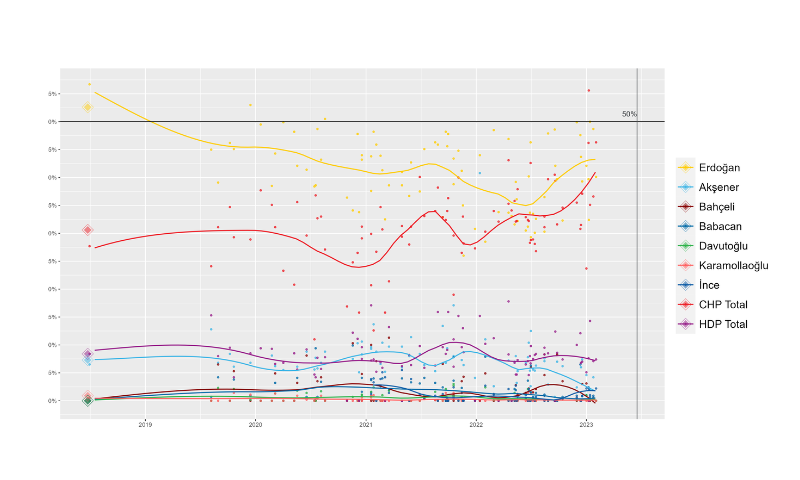Bobby Ghosh
Washington Post, Jan. 9, 2023
“Should Erdogan be defeated, says Sinan Ulgen, director of the Istanbul think tank EDAM, “his successor will transform Turkey into a different foreign policy actor, more comfortable with its position as a Western nation.”
Among the many general elections of international consequence to watch this year, Nigeria’s, scheduled for February will be by far the largest; Pakistan’s, due by October, will probably be the loudest. But the most important will unquestionably take place on June 18, when President Recep Tayyip Erdogan seeks to stretch his rule over Turkey into a third decade. The outcome will shape geopolitical and economic calculations in Washington and Moscow, as well as capitals across Europe, the Middle East, Central Asia and Africa. “What happens in Turkey doesn’t just stay in Turkey,” says Ziya Meral, a senior associate fellow at the Royal United Services Institute for Defence and Security Studies. “Turkey may be a middle power, but the great powers have a stake in its election.”
Ankara’s influence in world affairs attests to Erdogan’s achievements over his long stint at the helm. Even so, at home and abroad, his electoral prospects evoke mixed feelings. And those who wish him gone on June 19 cannot be sanguine about who, or what, will come next.
Western leaders will be glad to see the back of Erdogan. He has undermined NATO’s security by acquiring missile-defense systems from Russia, frustrated the alliance by blocking the membership of Sweden and Finland, repeatedly threatened to flood Europe with refugees and, in recent months, hurled increasingly bellicose rhetoric toward Greece. Ankara’s relations with Washington have grown strained to the point where top Turkish officials routinely accuse the US of backing a coup against Erdogan and of complicity with terrorist groups.
… [To read the full article, click here]


